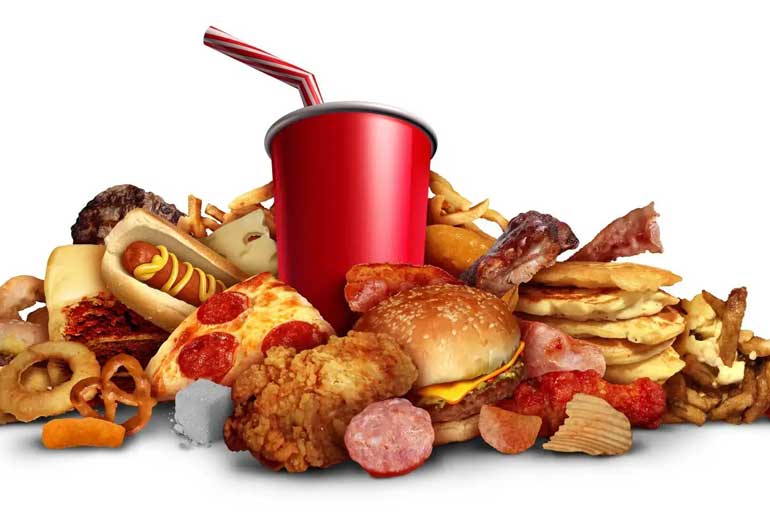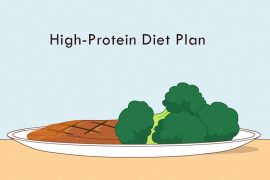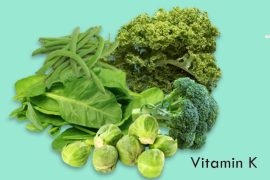Ultraprocessed food refers to food products that have undergone extensive industrial processing, often involving multiple steps and the addition of various additives. These foods typically contain ingredients that are not commonly used in home cooking and may include preservatives, artificial flavors, colors, emulsifiers, and sweeteners. Examples of ultraprocessed foods include sugary drinks, packaged snacks like chips and cookies, ready-to-eat meals, and certain fast foods.
The classification of ultraprocessed foods is based on the NOVA system, which categorizes foods according to the extent and purpose of their processing:
- Unprocessed or minimally processed foods: These include fresh fruits and vegetables, nuts, seeds, grains, and fresh meats.
- Processed culinary ingredients: These are substances extracted from whole foods or nature and used in cooking to season, flavor, or preserve foods, such as oils, butter, sugar, and salt.
- Processed foods: These are foods that have been altered to extend their shelf life or make them more convenient, such as canned vegetables, fruits in syrup, and freshly made bread.
- Ultraprocessed foods: These are products that have undergone extensive industrial processing, often involving several processes and the addition of various additives. They are typically ready-to-eat or ready-to-heat products like sugary drinks, packaged snacks, instant noodles, and frozen meals.
Effects of Ultraprocessed Foods:
- Nutritional Quality: Ultraprocessed foods tend to be low in essential nutrients like vitamins, minerals, and fiber, while being high in unhealthy fats, sugars, and sodium. They often lack the natural nutritional benefits found in whole foods.
- Impact on Health: Consumption of ultraprocessed foods has been linked to various health issues:
- Obesity: These foods are often calorie-dense and promote overconsumption due to their palatability, leading to weight gain and obesity.
- Cardiovascular Diseases: High intake of ultraprocessed foods is associated with increased risk factors for heart disease, such as high blood pressure, cholesterol levels, and inflammation.
- Diabetes: The high sugar content and low fiber content of many ultraprocessed foods contribute to insulin resistance and increased risk of type 2 diabetes.
- Cancer: Some additives and chemicals used in ultraprocessed foods have been implicated in increasing cancer risk, although more research is needed to establish definitive links.
- Addictive Properties: Ultraprocessed foods are designed to be highly palatable, often containing combinations of fat, sugar, and salt that can trigger reward centers in the brain similar to addictive substances. This can lead to cravings and overconsumption, contributing to obesity and related health problems.
- Environmental Impact: The production and packaging of ultraprocessed foods often involve significant energy use, waste generation, and environmental impact, contributing to broader sustainability concerns.
While convenience and shelf life are advantages of ultraprocessed foods, their widespread consumption poses significant challenges to public health. Strategies to reduce consumption include promoting whole, minimally processed foods, implementing policies to improve food labeling and reduce marketing of ultraprocessed products, and educating consumers about the health impacts of their dietary choices. Addressing the dominance of ultraprocessed foods in diets is crucial for improving overall health outcomes and reducing the burden of chronic diseases globally.
Disclaimer:
The information contained in this article is for educational and informational purposes only and is not intended as a health advice. We would ask you to consult a qualified professional or medical expert to gain additional knowledge before you choose to consume any product or perform any exercise.







